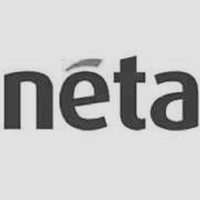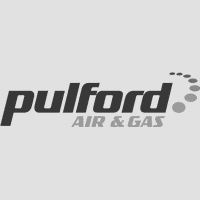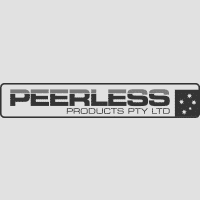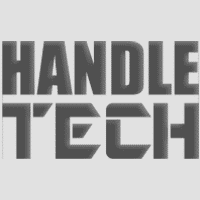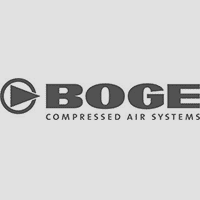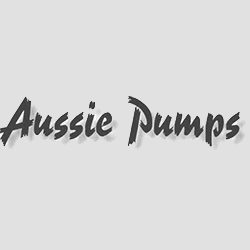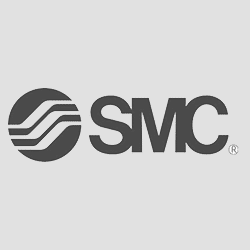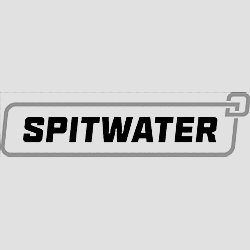Hose Reels vs. Fixed Hoses: Which Is Best for Your Industrial Setup?
Thursday, February 27th, 2025Selecting the right industrial hose system is crucial for ensuring efficiency, safety, and durability in various work environments. Businesses in manufacturing, construction, mining, and agriculture rely on high-quality industrial hoses to facilitate fluid, air, or fuel transfer. The choice between hose reels and fixed hoses depends on the specific needs of the operation, including workspace organisation, safety requirements, and frequency of use. In this blog, we’ll explain the differences between hose reels and fixed hoses to help you select the most suitable option.
What Are Hose Reels & Fixed Hoses?
Hose reels are designed to store and manage hoses efficiently by allowing them to be wound up after use. These reels can be manual, spring-loaded, or motorised, providing businesses with controlled deployment and easy retraction.
Fixed hoses, on the other hand, are permanently installed in a specific location and remain connected to a water, air, fuel, or chemical supply line. Unlike hose reels, fixed hoses do not retract and are intended for continuous use in one designated area.
How Hose Reels & Fixed Hoses Differ in Function
One of the main advantages of hose reels is their ability to retract and store hoses neatly after use. This makes them ideal for businesses that require hoses to be used in multiple locations within a workspace. Industries such as construction, automotive workshops, and fire safety benefit from hose reels as they allow workers to quickly deploy and retract hoses as needed.
In contrast, fixed hoses are stationary and best suited for applications that demand a continuous and high-volume flow. These hoses are often found in agriculture, fuel stations, and large-scale industrial cleaning operations, where they provide a reliable, steady supply without the need for frequent repositioning.
Comprehensive Support & Easy Integration
RYCO offers top-quality fittings and a seamless experience for businesses, from easy installation to ongoing support.
- Quick Installation: Designed for ease of use, these fittings minimise the time and effort required during setup or replacement.
- Widespread Availability: With an extensive dealer network, RYCO fittings are readily accessible, ensuring minimal procurement delays.
- Innovative Advancements: Continuous innovation keeps RYCO ahead of industry demands, providing the latest technologies to improve hydraulic systems.
Industries That Benefit from Hose Reels vs Fixed Hoses
Hose Reels
- Automotive & Mechanical Workshops – Ensures air and fluid hoses are easily accessible and can be neatly retracted.
- Fire Safety & Emergency Services – Allows for quick deployment of fire hoses while keeping them protected when not in use.
- Manufacturing & Warehousing – Used in industrial plants where hoses need to reach multiple workstations.
- Construction & Mining – Ideal for on-site fluid transfer and compressed air applications.
Fixed Hoses
- Agriculture & Irrigation – Used in permanent watering systems for farms, greenhouses, and large landscapes.
- Industrial Cleaning & Food Processing – Ensures constant water or chemical flow for sanitation purposes.
- Fueling Stations & Chemical Plants – Provides uninterrupted fuel or chemical transfer in high-demand operations.
Get in Touch with Us Today!
Whether improving workplace organisation, ensuring a steady fluid supply, or increasing equipment longevity, the right hose system can enhance productivity and safety in industrial settings. Looking for a reliable industrial hose supply? Contact us at Norosco today to explore our range of industrial hoses in Rockhampton.
Posted in Hose, hose supplies rockhampton, Industrial Hoses | Comments Off on Hose Reels vs. Fixed Hoses: Which Is Best for Your Industrial Setup?


